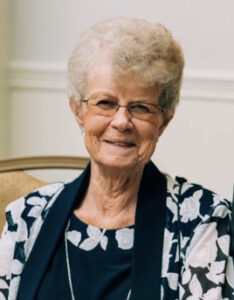
URGENT UPDATE: A seemingly innocent compliment has ignited a heated debate about race and sensitivity among friends, raising questions about perceptions and intentions in social interactions. Just hours ago, a reader reached out to advice columnist Eric Thomas, expressing confusion over a response to a compliment made to his friend, Steve, regarding their resemblance to a well-known actor.
In a heartfelt message, the writer described how he has known Steve for over 10 years, emphasizing that they have never let race impact their friendship. However, after complimenting Steve on his looks and family life, he was met with an unexpected reaction: Steve felt offended and accused him of making a racist comment.
The writer insisted that his intention was purely complimentary, noting that the actor in question is respected for his character and family values. This incident reflects broader societal issues regarding race and identity, highlighting how compliments can sometimes be misinterpreted.
WHY THIS MATTERS: This situation underscores the delicate nature of social interactions in today’s climate, where even well-meaning remarks can be construed as offensive. With discussions about race more prominent than ever, individuals are encouraged to navigate these conversations with care.
Thomas advises the writer to clarify his intentions, suggesting a simple apology: “I meant no harm by what I said, and I’m sorry that it offended you.” This approach aims to de-escalate the situation and preserve the friendship, focusing on understanding and communication rather than conflict.
LOOKING AHEAD: As this story develops, it may prompt others to reflect on their own interactions and how they communicate compliments. The advice given may serve as a guide for those facing similar situations, emphasizing the importance of dialogue and empathy.
This incident serves as a reminder that friendships can be tested in unexpected ways, and the key to resolution lies in open, honest communication.
For more insights from Eric Thomas, visit his column where he addresses various social dilemmas, fostering understanding in our complex world.





